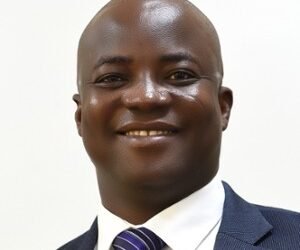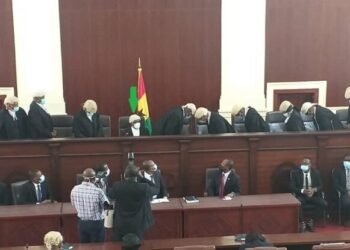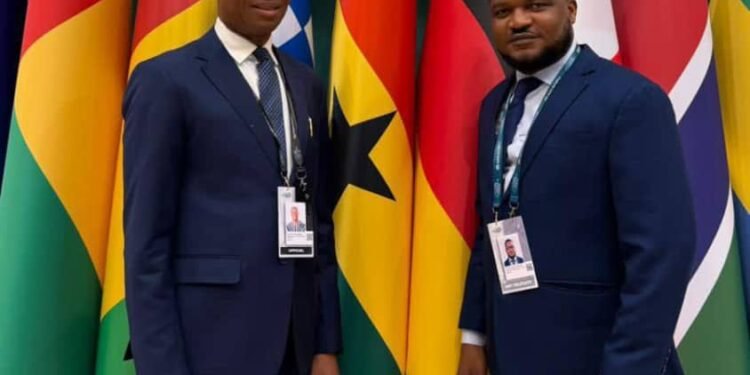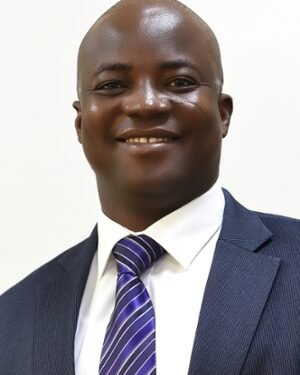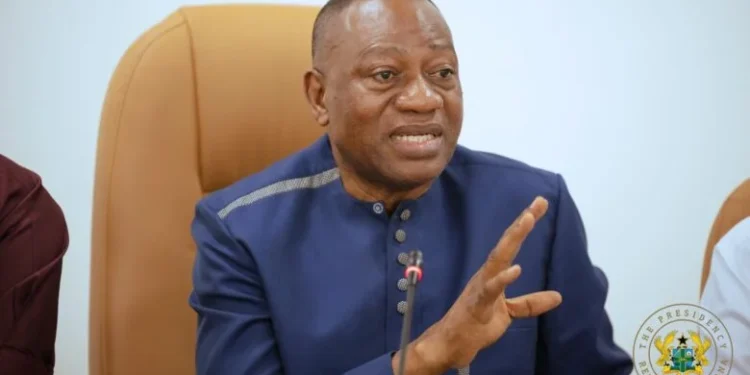Sound policies and strategies play a pivotal role in shaping a nation’s development trajectory. In Ghana, fostering collaboration between academia and policymakers is essential to ensure evidence-based decision-making, effective implementation, and sustainable development outcomes.
The President of Wisconsin International University College, Ghana, Prof. Obeng Mireku, has called for collaboration between academia and policymakers to enhance the formulation of sound policies and strategies for the nation.
“The collaboration and interaction between these two realms are crucial for the advancement of our society. Academia provides the intellectual framework, research, and critical analysis needed to inform policies and decision-making, while politics translates these insights into action, shaping the direction of a nation.”
Prof. Obeng Mireku, President of Wisconsin International University College, Ghana
Prof. Mireku added that through open dialogue and exchange of ideas, the two can foster a more informed and inclusive governance system that addresses the needs and aspirations of the people.
Academia serves as a repository of knowledge and expertise across various disciplines. By collaborating with policymakers, academia can contribute valuable insights, research findings, and innovative ideas that can inform policy formulation and implementation.
The expertise of academics, researchers, and scholars can help policymakers gain a deeper understanding of complex socio-economic issues, enabling them to make informed decisions that are grounded in evidence.
Enhancing Ghana’s Development

Collaboration between academia and policymakers ensures that policies are relevant, responsive, and effective in addressing Ghana’s unique challenges. Policymakers can tap into the wealth of academic knowledge to gain insights into international best practices, successful policy models, and lessons learned from other countries.
This knowledge exchange can help policymakers tailor policies and strategies to the specific needs of Ghana, accounting for its cultural, social, economic, and environmental contexts.
Professor Obeng Mireku alluded to the fact that Ghana requires the expertise, innovation, and dedication that academics and technocrats possess to navigate through complex issues and drive meaningful change.
Furthermore, academia can act as a critical watchdog, providing independent analysis and evaluation of existing policies. By engaging with academia, policymakers can receive valuable feedback, enabling them to fine-tune policies, identify potential pitfalls, and make necessary adjustments. This iterative process can lead to evidence-based policy-making that is responsive to the changing needs and aspirations of the Ghanaian population.
“In these challenging times, it is imperative that we uphold our commitment to service and offer our expertise to contribute to the betterment of society. I urge technocrats and academics alike to heed the call to serve in government, despite the hazards and challenges that may accompany such endeavors.”
Prof. Obeng Mireku, President of Wisconsin International University College, Ghana
Additionally, Professor Obeng Mireku noted that collaboration between academia and policymakers can also contribute to capacity building and human resource development. By engaging with academia, policymakers can identify skill gaps and training needs among government officials.
This collaboration can facilitate the design and implementation of targeted capacity-building programs, ensuring that policymakers have the necessary knowledge and skills to develop and implement effective policies.
Professor Obeng Mireku further highlighted that academia can support policymakers in nurturing a new generation of researchers, policymakers, and practitioners. Collaborative initiatives, such as joint research projects, internships, and mentorship programs, can foster the development of a vibrant policy network that bridges the gap between academia and the public sector.
This exchange of ideas and experiences can facilitate the emergence of a dynamic policy community that is driven by evidence, innovation, and continuous learning.
Prof. Obeng Mireku’s call for collaboration between academia and policymakers is part of a broader strategy to enhance governance, drive meaningful change, and develop world-class human resources in Ghana.
The collaboration between academia and policymakers is indispensable for Ghana’s development agenda. By harnessing the research capabilities, expertise, and knowledge of academia, policymakers can make informed decisions, design effective policies, and implement strategies that address the country’s challenges.
This collaboration ensures policy relevance, fosters evidence-based decision-making, and enhances the capacity of both academia and the public sector. Through a strong partnership, academia and policymakers can work together to shape a sustainable and prosperous future for Ghana.
READ ALSO: Ghana’s Educational System; A Policy of Rots And Decays




